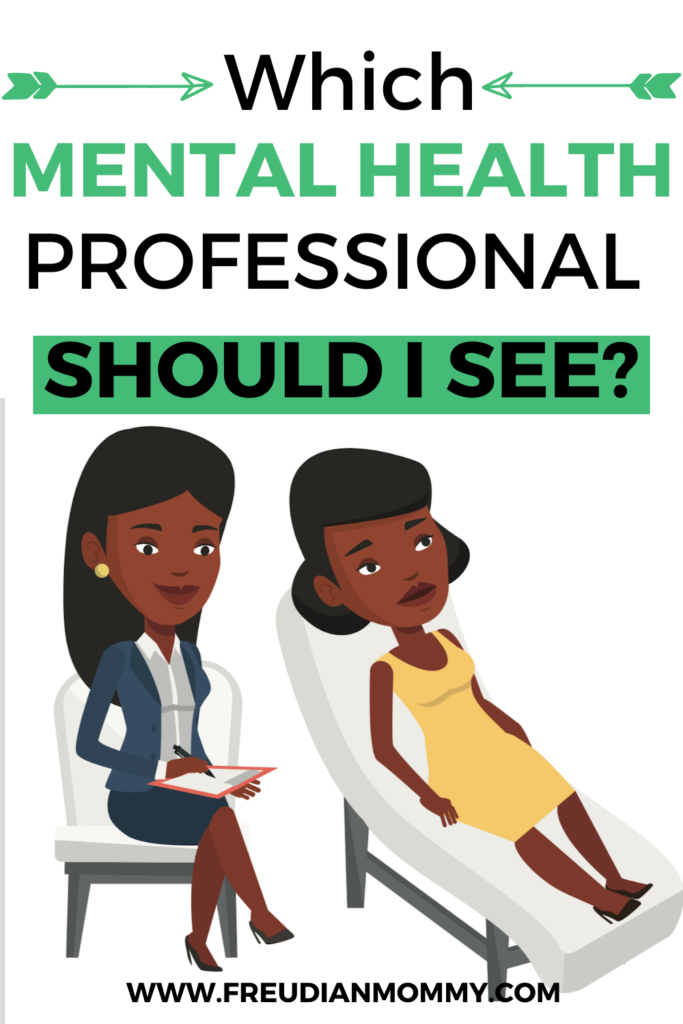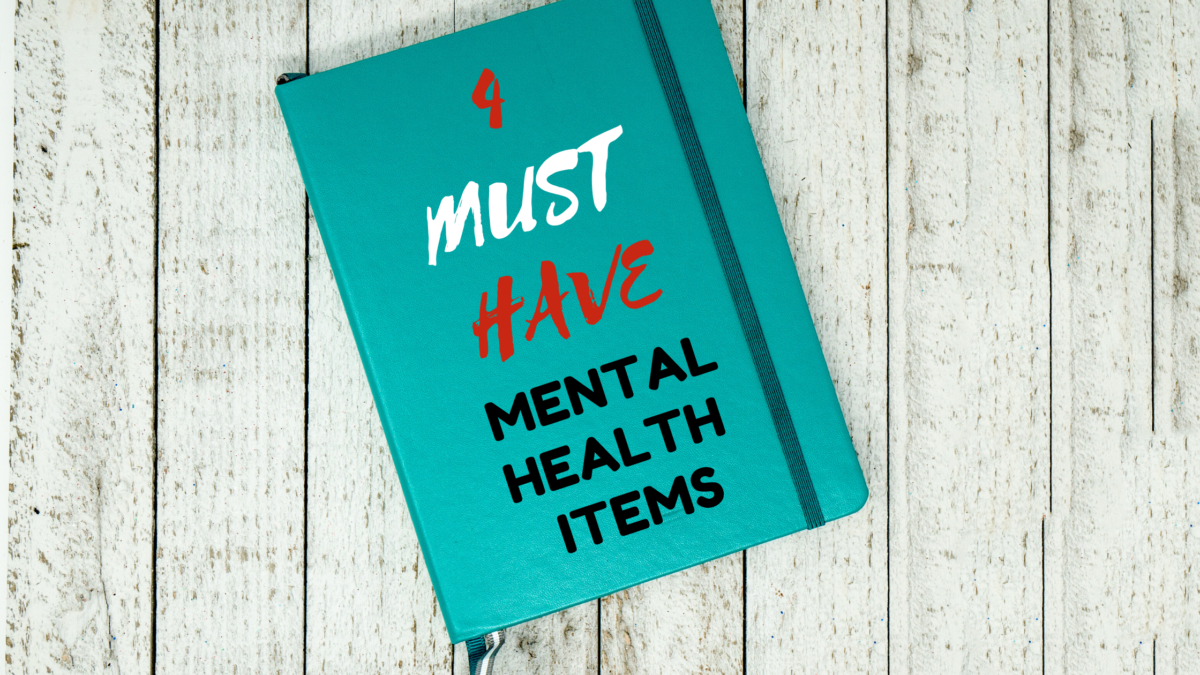A Therapist, Psychologist, or Psychiatrist, which mental health professional are you looking for, and which one would you benefit from the most?
As a psychotherapist, people ask me all the time, “Nadia, I am struggling right now and know that I need emotional support, but I don’t know where to start! Which mental health professional would I benefit from seeing? A therapist, psychologist, or psychiatrist?”.
It is perfectly understandable as to why you may be confused when it comes to differentiating between these three providers. In some cases, job responsibilities do overlap!
In this blog post, I will break it down for you and explain which one you need to seek out and the services each one provides.

Titles and Credentials:
It is a good start to know that the title of these three providers is based on two components; the provider’s education level, and the services they are qualified to provide.
I do not recommend using these titles interchangeably. Here’s why- If you call a master’s level therapist, a doctor, you will probably make their day; however, I cannot say the same for a psychologist or psychiatrist.
They would prefer for you to address them as doctors, and rightfully so! They have spent countless years in school and training, and deserves to be called as such!
A Therapist:
A therapist, also known as a clinician or psychotherapist, is a master’s level clinician, they may or may not be licensed depending on the organization for which they work.
When a master’s level clinician is not licensed, they practice under a licensed clinician with many years of experience. A licensed clinician means that the provider can practice and bill independently as well as have their own practice or business.
This therapist has a Bachelor’s Degree in Psychology, sociology, etc., and then continued into graduate school to obtain a master’s degree in psychology or counseling.
A practicum and internships are mandatory for this level. And a licensure examination is taken two years after working full-time in the field postgraduate.
A Psychologist:
A psychologist has a doctorate degree (Ph.D.). Psychologists are also psychotherapists like the master’s level clinician; however, with a Ph.D., a psychologist can incorporate research into their practice.
Psychologists can also perform certain testings that a master’s clinician is not qualified to perform. Psychologists are also doctors, doctors in philosophy (Ph.D.).
A Psychiatrist:
Psychiatrists are medical doctors (MD) who are qualified to prescribe psychiatric medications. In addition to a bachelor’s degree, these providers went to medical school for four years and then completed a residency program that takes 4 plus years.
Why should you seek out a Therapist or Psychologist and NOT a Psychiatrist
I always recommend that people start therapy with a trained therapist or psychologist. The reason for that is because psychiatrists used to provide psychotherapy long ago in the time of Sigmund Freud. However, the way we practice in the mental health field today has changed remarkably.
In Massachusetts for example, we have a shortage of psychiatrists. When I refer patients out for psychiatry, the waiting lists are often months long!
Most psychiatrists no longer provide psychotherapy because they do not have the time. They may facilitate a group here and there for medication check-ins, but they do not have the time to conduct a 45-50 minute session. Plus that kind of practice would make the waiting lists for medication evaluations intolerable!
Another reason why I recommend starting therapy with a therapist or psychologist is that you tend to spend more time with these two providers.
You will meet with these providers on a weekly or biweekly schedule, depending on the treatment plan. They will get to know you on a more personal level and will be able to diagnose you more accurately. As opposed to spending 15-30 minutes with a psychiatrist once a month.
If your therapist or psychologist notices that treatment is not working and you need a higher level of care and would benefit from medication, they will refer you to a psychiatrist.
Consult a Psychiatrist IF…

If your condition (e.g., anxiety, depression, suicidal ideation or attempts) is severe and affecting your level of functioning (e.g., difficulty getting out of bed, which results in missing work), consulting with a psychiatrist for a medication evaluation before seeing a therapist or psychologist may be the best course of action.
If you are not sure of which direction to go, a therapist or psychologist will always point you in the right direction and will refer you to a psychiatrist right away if they see a need for it.
Keep in mind that a good and efficient therapist or psychologist will ALWAYS refer you to a psychiatrist for a medication evaluation if therapy alone is not effective.













